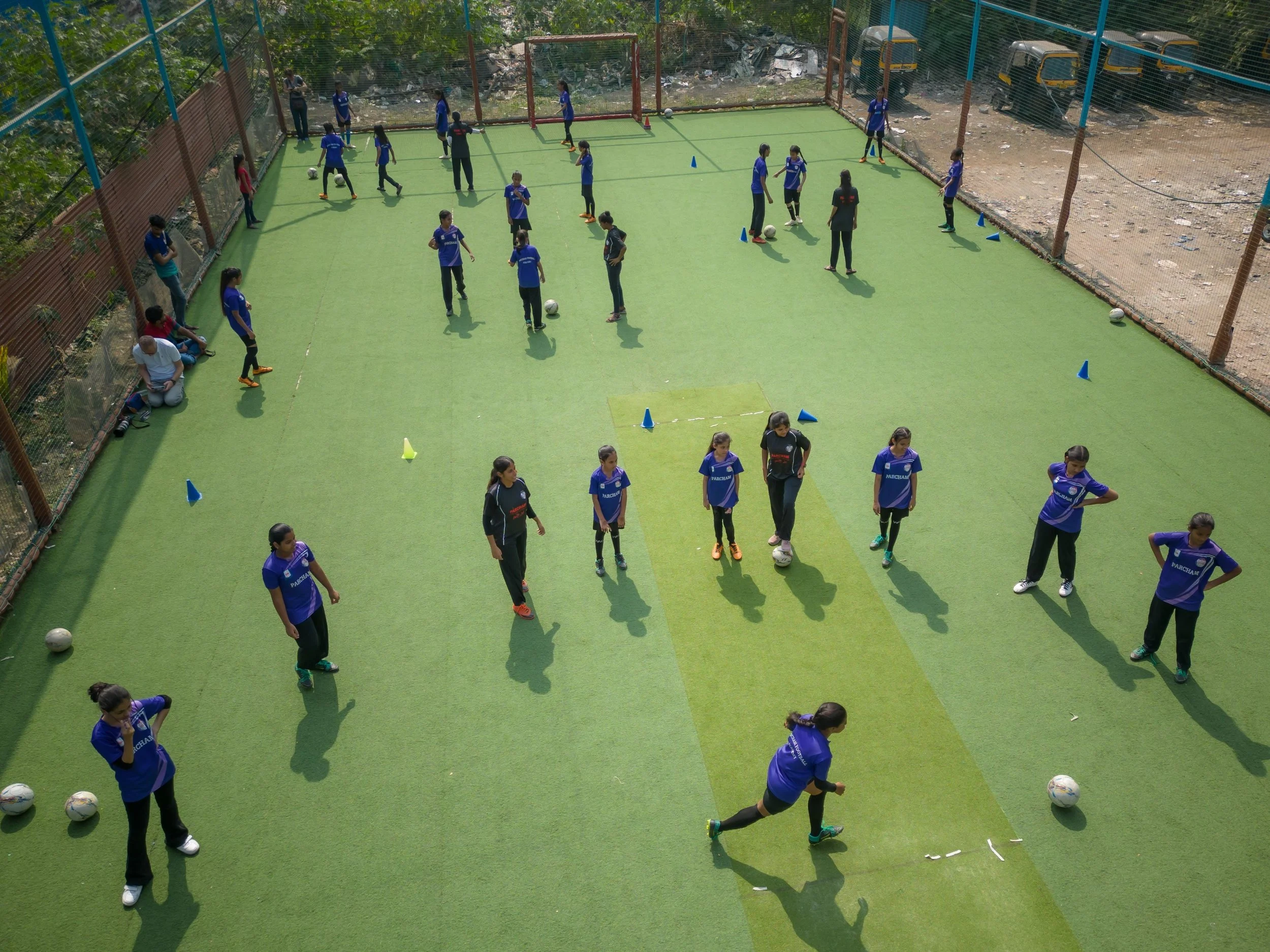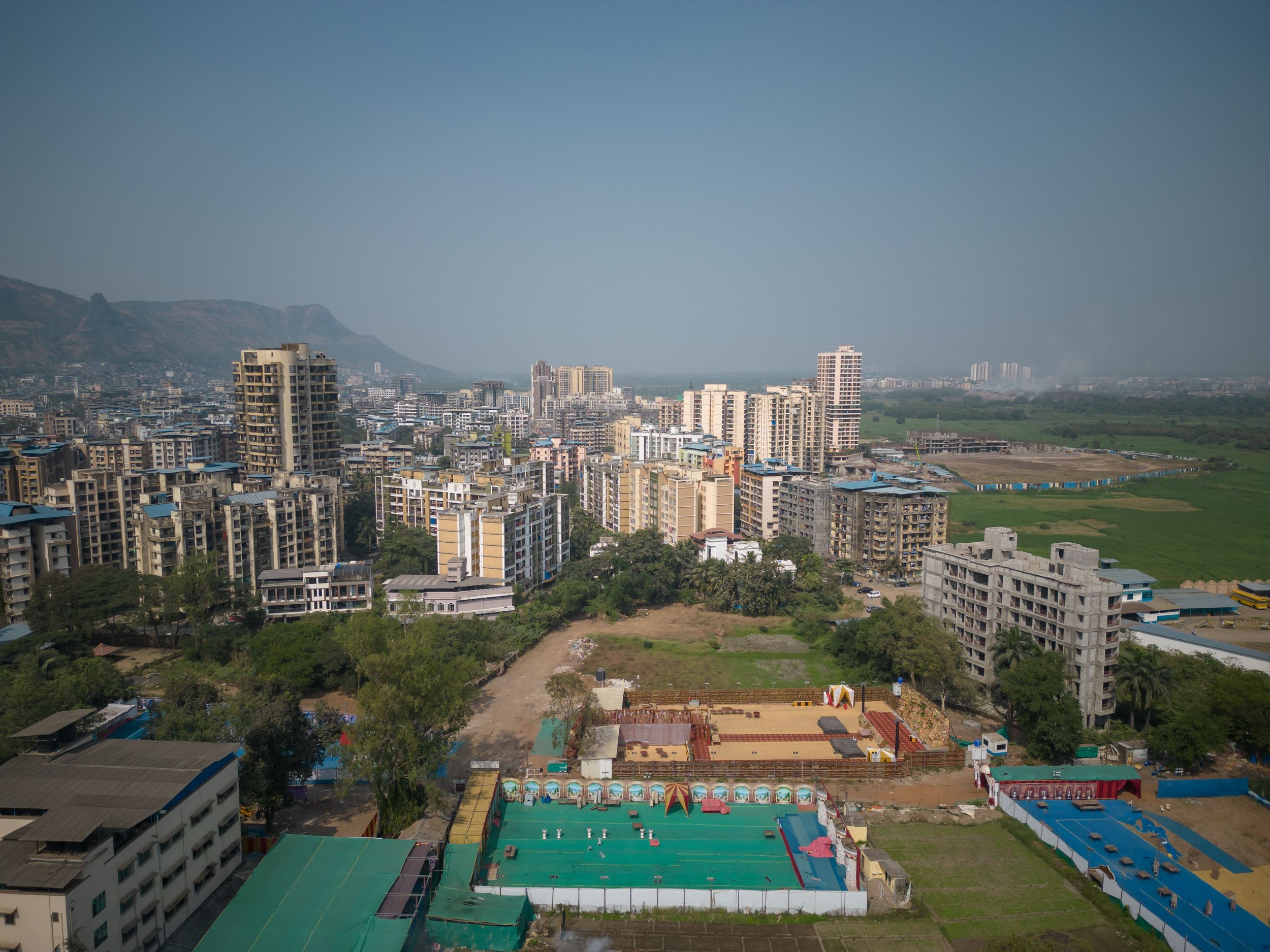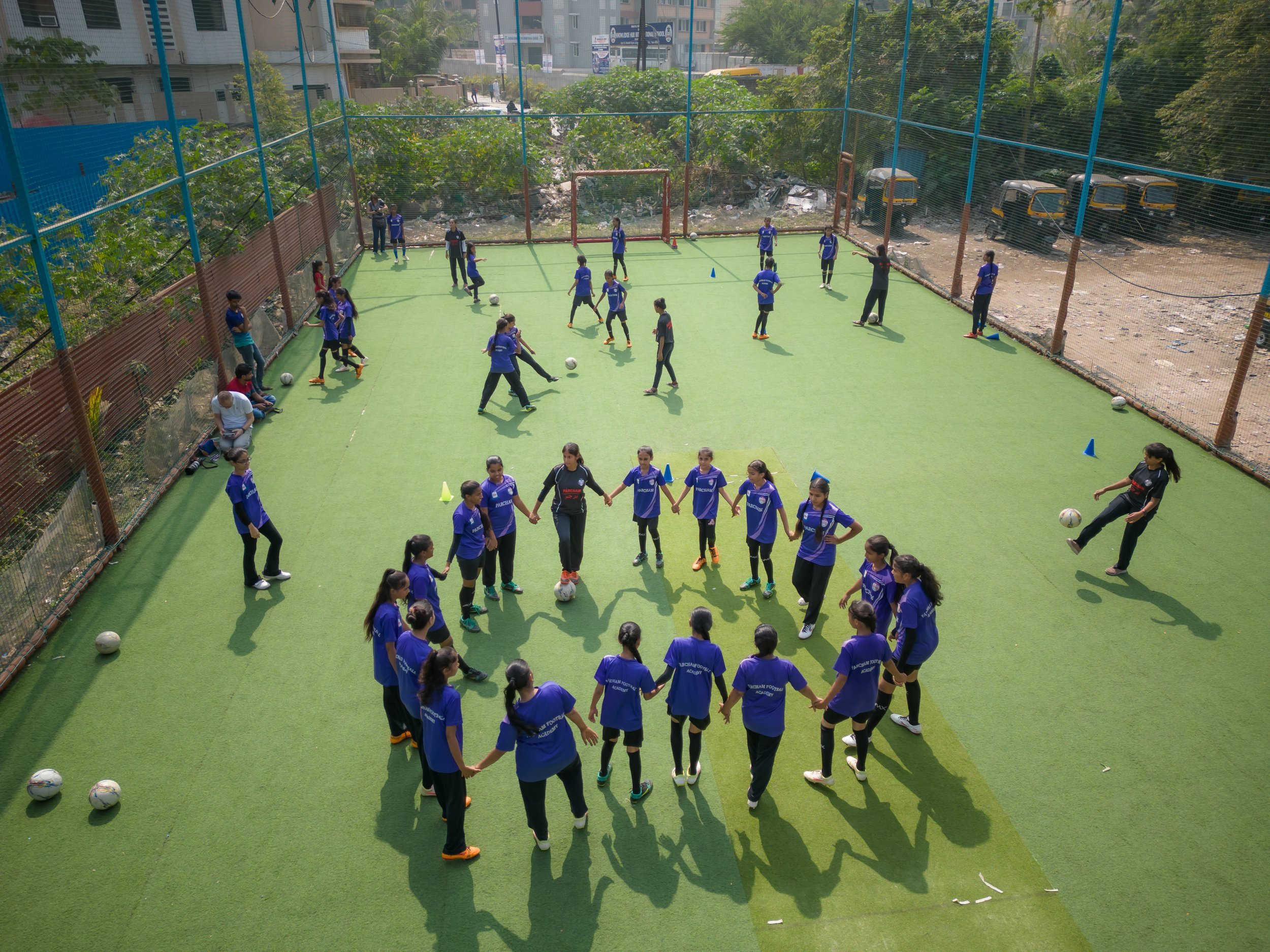
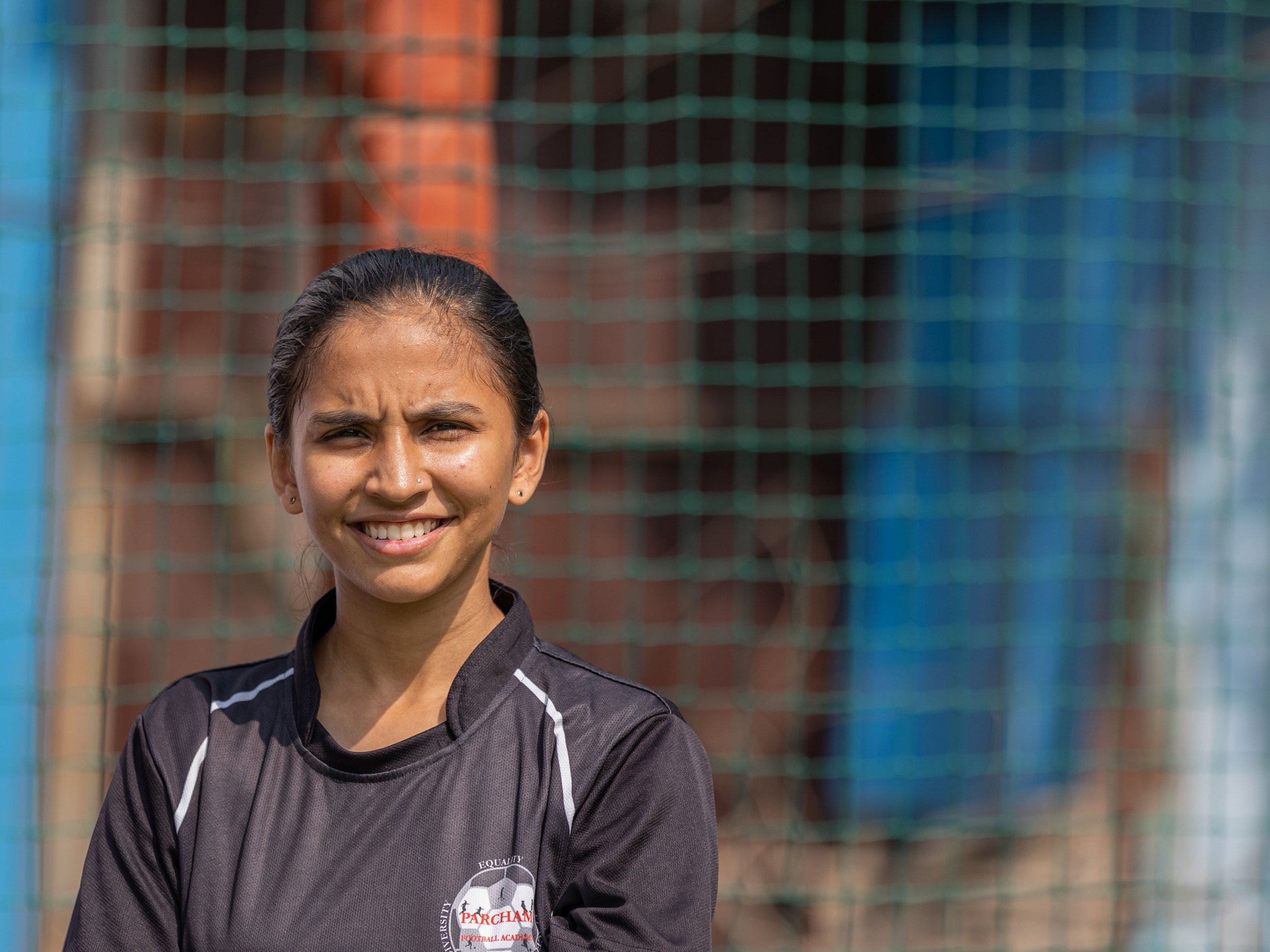
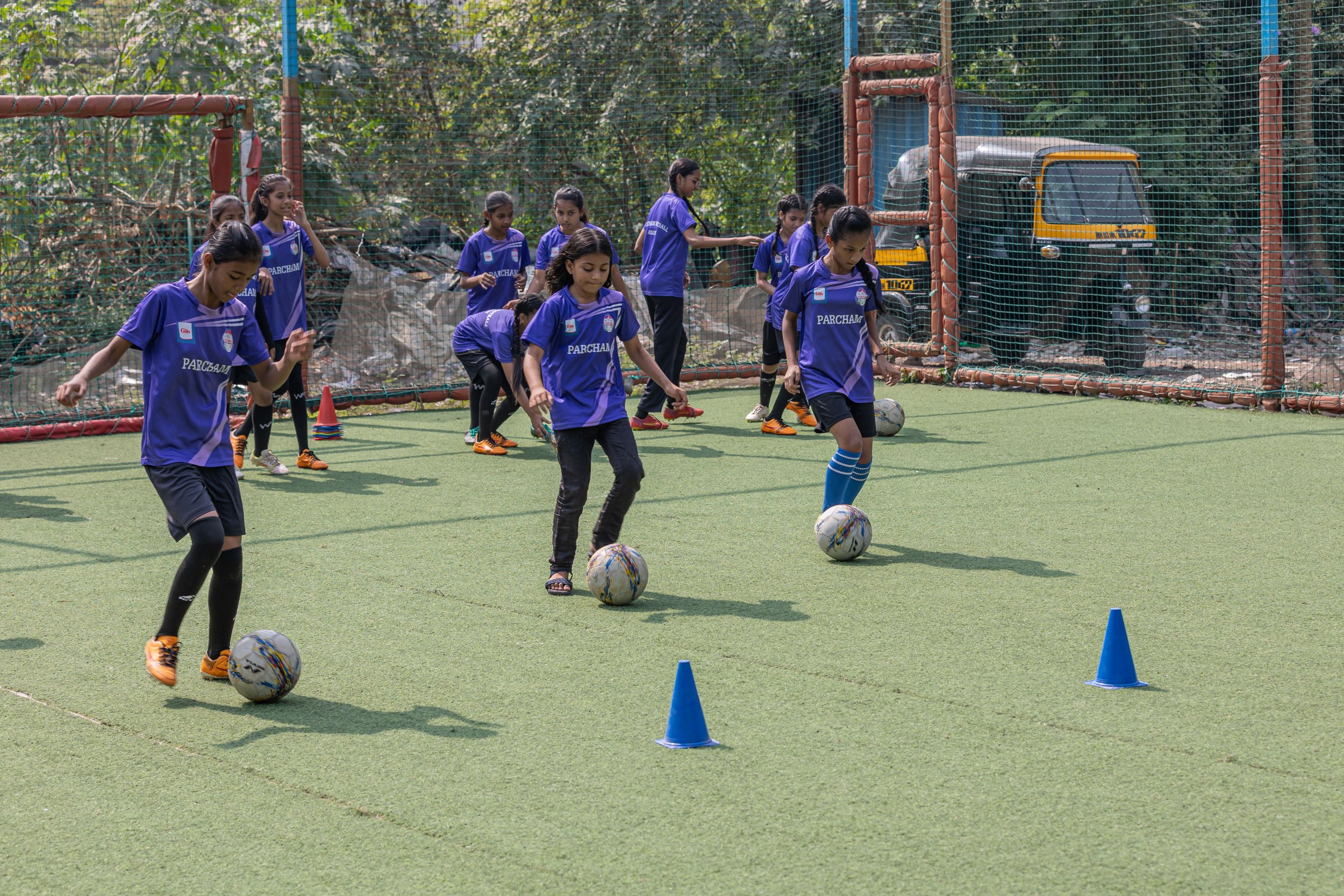
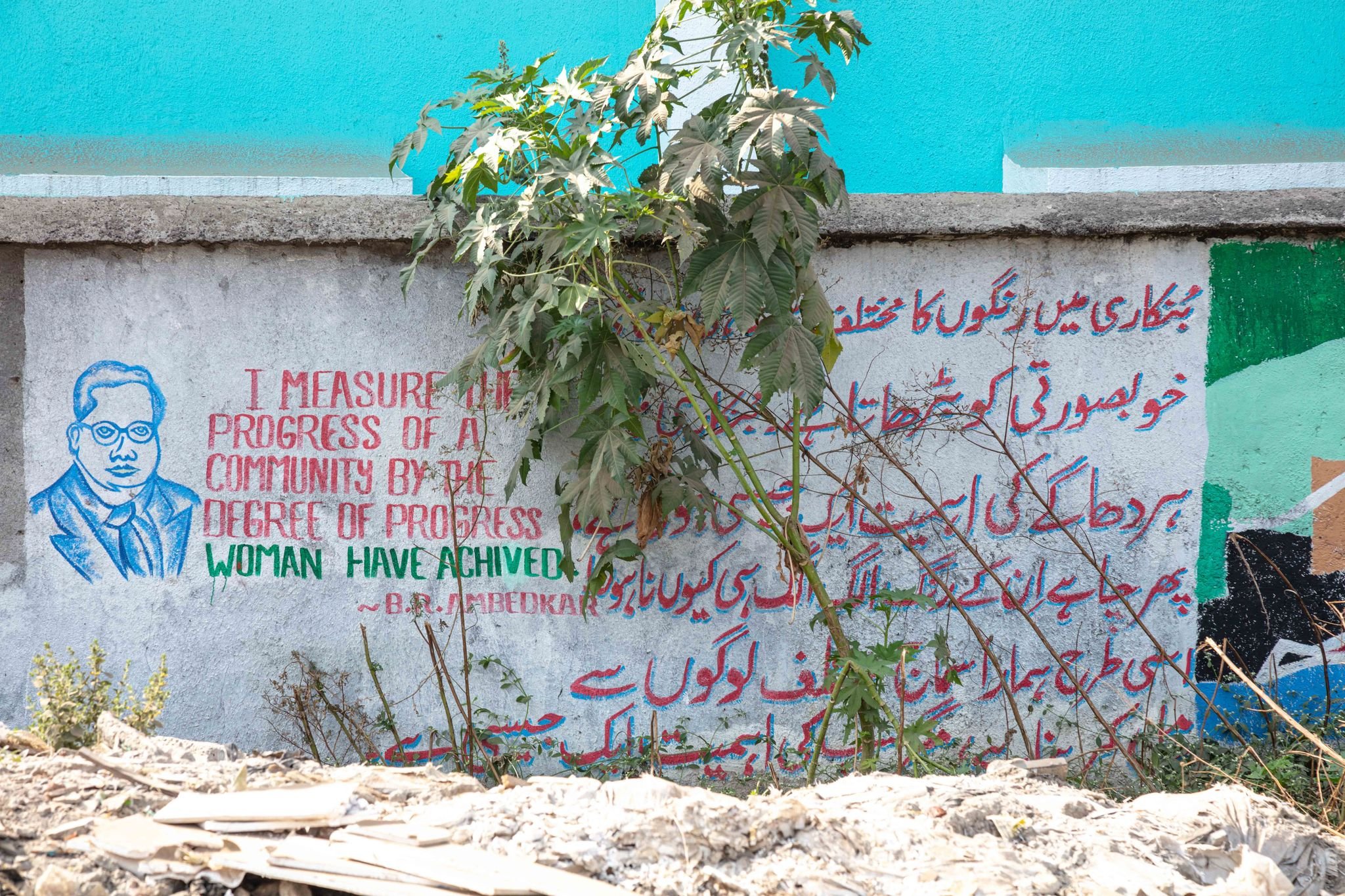
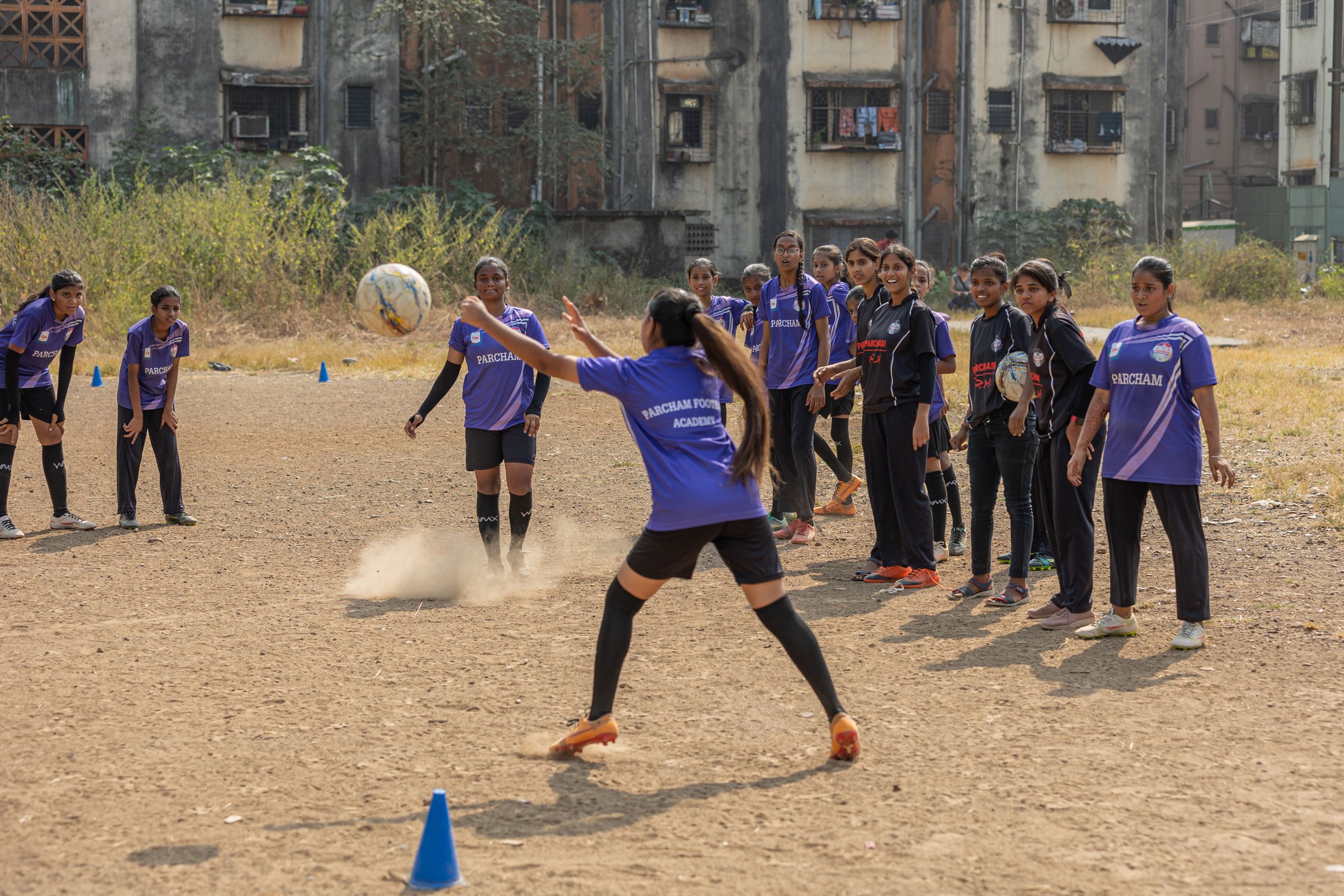
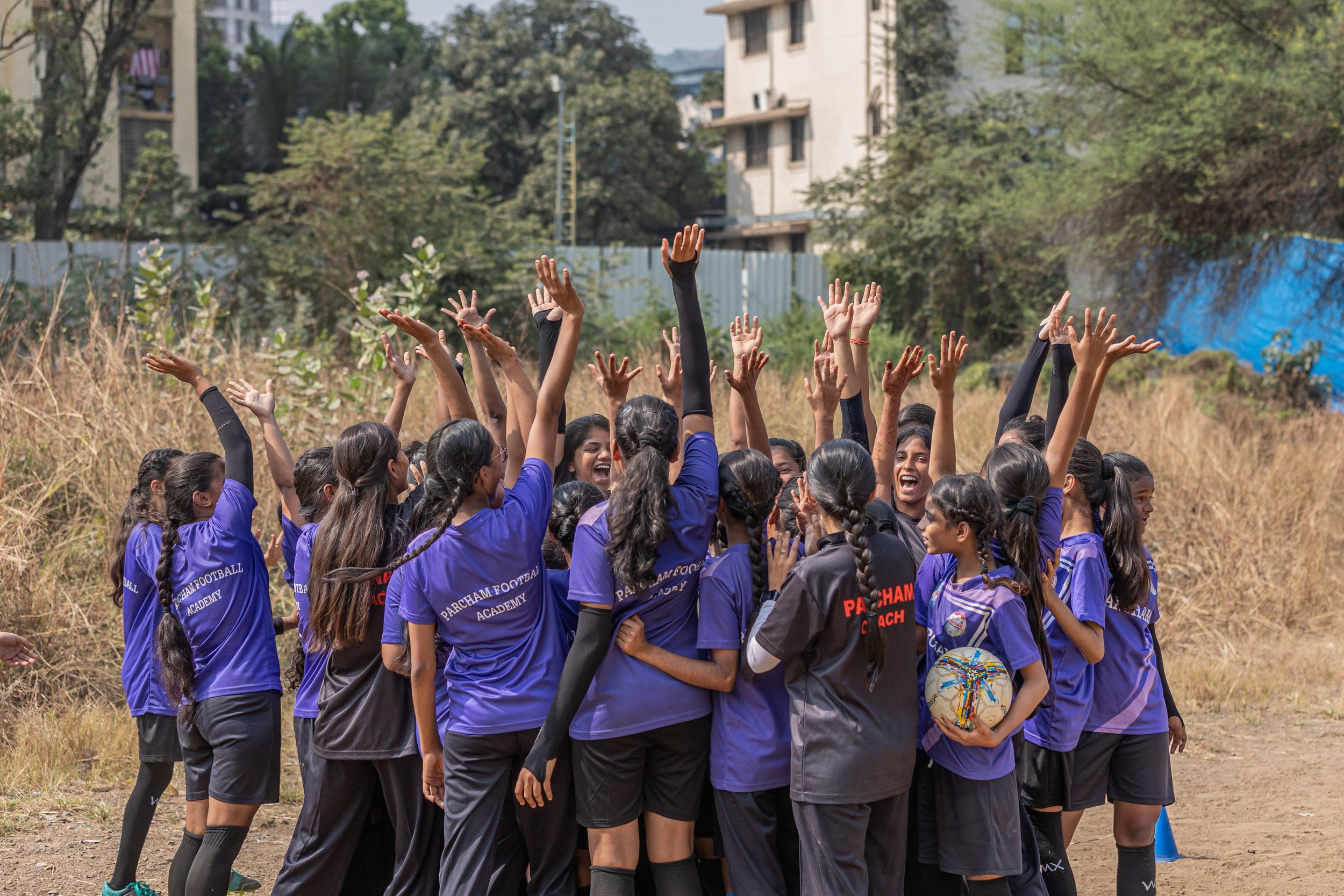
WORDS & IMAGES BY ANDREA MUSSO AND ANNA CHRUL
EDITED BY DANIELLE KHAN DA SILVA AND CHRISTINE PICKERING
[Editor’s note: “Divide and conquer,” a strategy used in India during 300 years of British colonization, took brutal forms. In the campaign to extract India’s massive wealth, which comprised up to 35% of the world gross domestic product (GDP) from the 1st century AD to the start of British colonization in the 1700s, the British had reduced India to only 2% of the world GDP by the time they hastily announced the partitioning of India and Pakistan in 1947 as a response to growing unrest in the ‘jewel in the Empire's crown.’ Almost immediately after the announcement, neighbours turned against one other, causing one of the most disturbing upheavals in human history with casualties numbering in the range of 200,000 to 2,000,000 and the migration of 14-18 million people—Muslims moving towards Pakistan and Hindus fleeing in the opposite direction. Today, while divisions do continue to fester, youth are beginning to build bridges to new futures.]
In the predominantly low-income and deeply conservative Muslim community of Mumbra, named after a goddess, a group of young girls have come together in play, healing the divisions that exist around them. Going against cultural norms that do not permit women to play sports publicly, the girls formed a secret soccer team in 2012, calling themselves “Parcham” (which means “flag” in Urdu), meeting regularly to practice and even win matches.
Although the team, now known as the Parcham Football Academy (PFA), began in small Muslim communities, the program has expanded to Mumbai and its eastern and western suburbs, reaching over a thousand young girls from varying religious and ethnic backgrounds. Embracing their differences, the team members have come together for what they have in common: their love of soccer.
“Through the game, what we’re trying to do is break the stereotype around how people expect girls to be.”
Some of the original teammates formed the Parcham Collective, a Mumbra-based NGO that aims to address social divisions, tackle gender equality, and build friendships between Muslim and non-Muslim communities. Their mission, according to their website, is to “empower marginalized communities to access their fundamental rights, creating spaces for dialogue among diverse sections in society.”
“We use football to engage with adolescent girls,” said Sabah Khan, one of the founders of Parcham Collective and its “Sports for Peace” program, in an interview with Business Insider India. “Through the game, what we're trying to do is break the stereotype around how people expect girls to be.”
At the moment, teams are composed of pre-adolescent girls and are led by paid women coaches who earn their D-License for coaching, which enables them to work in academies, schools, and their affiliated leagues.
“Even in a city like Mumbai, which is cosmopolitan, you rarely get to see young girls play in public parks, with mostly boys having access to the grounds.”
The PFA continues to host “tournaments based on a spirit of cooperation rather than competition,” bringing together youth from various disadvantaged communities. Their “goal is to establish a football academy for Dalit [oppressed-caste], Muslim and Adivasi [Indigenous] girls.”
The PFA has been recognized in many ways, most notably in a 2017 documentary called “Under the Open Sky;” however, Parcham faces an uphill battle against discrimination. The girls practice on what seems like a dumping ground for debris. This vacant land was reserved as a women's playground due to the efforts of Parcham Collective members, who took out a signature drive and lobbied with the elected representative for a safe space for women to play in. The reservation came into effect in 2014 but administrative red tape has ensured that it remains a dumping ground. Additionally, the best soccer pitches within range are available for a fee, which is out of reach for girls (for whom expenditure on play and recreation is considered wasteful), and thus these pitches are mostly used by boys.
“Even in a city like Mumbai, which is cosmopolitan, you rarely get to see young girls play in public parks, with mostly boys having access to the grounds," Khan notes in the same interview.
Parcham hopes to change this, reclaiming the public spaces.
You can learn more about the work of the Parcham Collective and their “Sports for Peace” program below.


